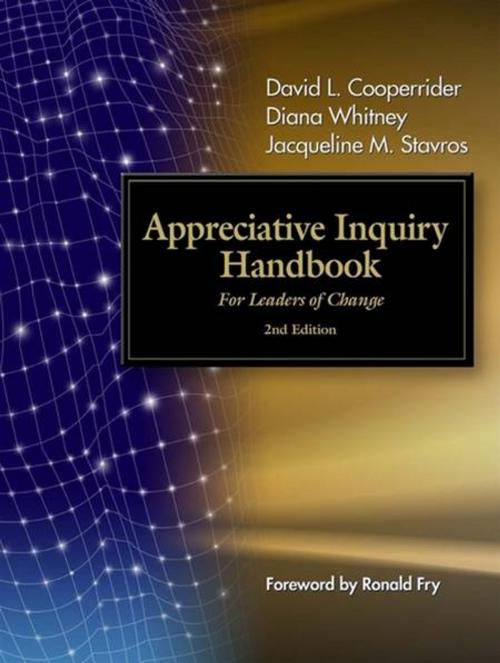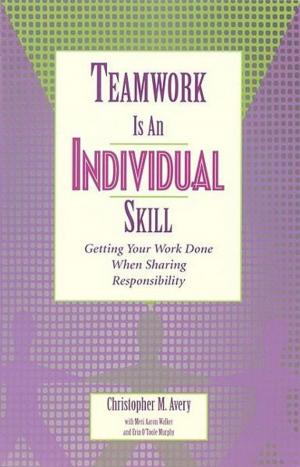The Appreciative Inquiry Handbook
For Leaders of Change
Business & Finance, Human Resources & Personnel Management, Structural Adjustment, Management & Leadership, Motivational, Management| Author: | David Cooperrider, Diana D. Whitney, Jacqueline Stavros | ISBN: | 9781605099002 |
| Publisher: | Berrett-Koehler Publishers | Publication: | January 1, 2008 |
| Imprint: | Berrett-Koehler Publishers | Language: | English |
| Author: | David Cooperrider, Diana D. Whitney, Jacqueline Stavros |
| ISBN: | 9781605099002 |
| Publisher: | Berrett-Koehler Publishers |
| Publication: | January 1, 2008 |
| Imprint: | Berrett-Koehler Publishers |
| Language: | English |
One of today’s most popular change methods, Appreciative Inquiry (AI) has been used to undertake transformational initiatives in dozens of organizations, ranging from McDonald’s to the U.S. Navy to Save the Children. The assumption of AI is simple. Every organization has things that work right—things that give it life when it is vital, effective, and successful. AI begins by identifying this positive core and connecting organizational visions, plans, and structures to it in ways that heighten energy and inspire action for change. This book presents all of the concepts, examples, and aids necessary to engage groups of all sizes in Appreciative Inquiry. The authors provide background information on what AI is and how it works and offer sample project plans, designs, agendas, course outlines, interview guidelines, participant worksheets, a list of resources, and more. This second edition has been extensively revised, updated, and expanded, including new case studies, new tools and supplemental articles, an expanded bibliography and resource list, and an entirely new chapter on case applications. And throughout, the authors focus on how AI can support an organizational focus on sustainability and the “triple bottom line” of people, prosperity, and planet.
One of today’s most popular change methods, Appreciative Inquiry (AI) has been used to undertake transformational initiatives in dozens of organizations, ranging from McDonald’s to the U.S. Navy to Save the Children. The assumption of AI is simple. Every organization has things that work right—things that give it life when it is vital, effective, and successful. AI begins by identifying this positive core and connecting organizational visions, plans, and structures to it in ways that heighten energy and inspire action for change. This book presents all of the concepts, examples, and aids necessary to engage groups of all sizes in Appreciative Inquiry. The authors provide background information on what AI is and how it works and offer sample project plans, designs, agendas, course outlines, interview guidelines, participant worksheets, a list of resources, and more. This second edition has been extensively revised, updated, and expanded, including new case studies, new tools and supplemental articles, an expanded bibliography and resource list, and an entirely new chapter on case applications. And throughout, the authors focus on how AI can support an organizational focus on sustainability and the “triple bottom line” of people, prosperity, and planet.















